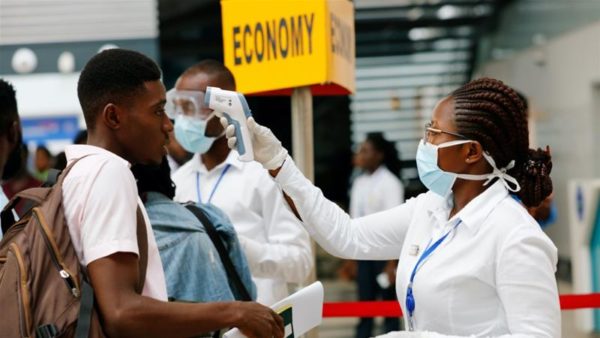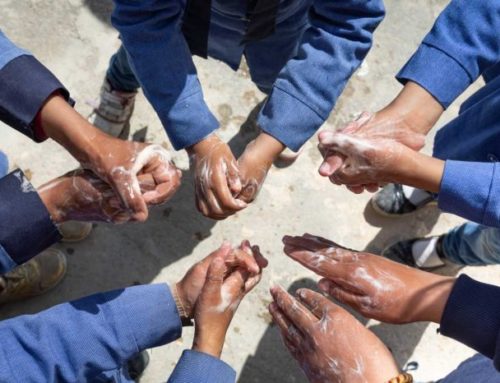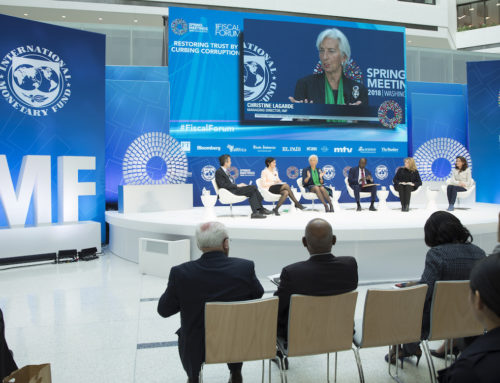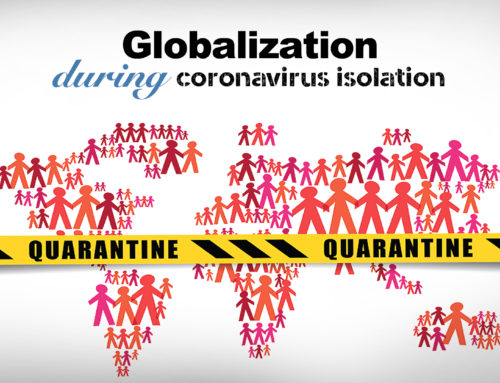
PC:Francis Kokoroko/Reuters
The fight against COVID-19 requires concerted efforts that call on every nation to acknowledge its own limitation to playing solo in this endeavor. For a triumph in this battle will only mean that COVID-19 has been defeated on the face of the earth, the failure of which will still expose humanity to the risk of succumbing to the virus’ resurgence.
Further, the fight against COVID-19 is not just about the virus but also the economic and social shambles that the disease has occasioned. Companies are suspending contracts, employees are compelled to cut their wages, and some jobs are likely to permanently close. In all this social uproar, the least fortunate suffer the most.
Certainly, the Covid-19 pandemic will leave many stranded; the lockdown measures came at a huge price. And the remedy will be none other than solidarity among peoples and primarily solidarity among institutions and nations. Solidarity among international financial institutions has often been subjected to cynicism and suspicion. But the Catholic Church, through her social teaching, has set a framework that could help the world address social bargaining in this time where the common good has to prevail over individual interests.
Serving as the moral conscience of society, the Church in her message regarding solidarity clearly shows that there exists an intimate bond between solidarity and the common good, between solidarity and the universal destination of goods, between solidarity and equality among men and peoples, between solidarity and peace in the world (Sollicitudo Rei Socialis,# 17,39,45). If the deadly Covid-19 pandemic has been able to unite us in arousing our attention, so should be love also by uniting us in solidarity to defeat the consequences of the pandemic.
In the modern economic trends, the mention of the word ‘solidarity’ sometimes is bothersome in business conversation. Solidarity is often reduced to conditional aid, whereas fundamentally solidarity is about recognizing others as our brothers and sisters and striving for shared fulfillment. The Covid-19 situation reminds us that we are debtors to each other. To face the Covid-19 pandemic, at a global level, countries and international financial institutions have to look into debt alleviation and loan restructuration in favor of struggling economies of the world. This will allow developing countries to provide essential services to the citizens. In countries where the indebts are too high, services such as education, health, water, electricity, job creation, and public safety are the most hindered. Without international solidarity, especially in this time of financial constraints, our generation runs a high risk of finding their hopes thrown into the air.
Not so long ago, in 1961, Pope John XXIII wrote the Encyclical letter, Mater et Magistra in which he appealed to the wealthy nations to render assistance to those states which are still in the process of economic development. Unlike loans and aid which are granted with attached strings, the Holy Father called for an aid which is of a fundamental social value. This is the aid that enhances the human dignity. To-date, his appeal sends resounding echoes in every corner of the globe more than ever before.
Aaron Ndamyumugabe










